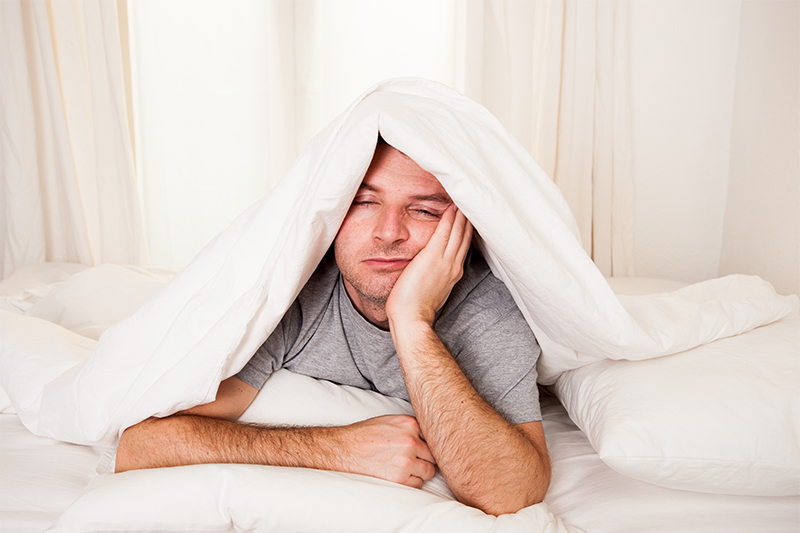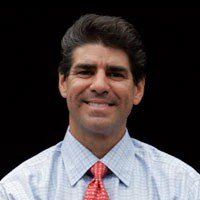Bergen County Center for Snoring, Sleep Apnea and CPAP Intolerance
A New Jersey Authority on CPAP Alternatives and Oral Devices for Sleep Apnea
Dr. Warren Boardman is a leading dentist in sleep medicine helping people suffering from sleep apnea and loud snoring. Having treated over 1,300 patients with a 97% satisfaction rate, Dr. Boardman and the team at Bergen County Center for Sleep offer effective and comfortable solutions for treating diagnosed sleep apnea and common snoring issues. Schedule a complimentary consultation at our Ridgewood office located in northern New Jersey.
Big News!! We have recently partnered with a Sleep Telemedicine company! If you do not have a sleep doctor or had a sleep study completed yet, and would love the convenience of a Telemed appointment to get the ball rolling… it’s as easy as us sending you a link! Call or message us at 201-445-9300 for more information, we can’t wait to hear from you!
Northern New Jersey’s Authority on Oral Appliances for Sleep Apnea
For over 10 years, Dr. Boardman has been providing patients in Bergen County with an alternative to wearing CPAP. With a reputation for excellence in sleep apnea and snoring dental devices, Dr. Boardman works closely with area sleep centers, ENTs, pulmonologists and cardiologists to ensure his patients are getting the most effective treatment.
97% satisfaction rate. Over 1300 patients treated.
Hate Your CPAP?
Here’s a Solution Sleep Apnea and Snoring.
Sleep in comfort. Stop snoring. Wake rested.
Start sleeping better.
Request a complimentary consultation with Dr. Boardman.

Experience matters when it comes to your health
Bergen County’s Expert in Oral Solutions for Sleep Apnea and Snoring
Through extensive education, observation, and experience, Dr. Boardman has earned the prestigious Diplomate status with the American Board of Dental Sleep Medicine (ABDSM). The Bergen County Center for Sleep is the only office in northern New Jersey with American Academy of Dental Sleep Medicine Facility Accreditation.
Dr. Boardman also holds a Master in the Academy of General Dentistry as well as membership in the American Academy of Sleep Medicine, American Academy of Dental Sleep Medicine, American Dental Association, NJ Dental Association and Bergen County Dental Association.
Are you plagued with sleep apnea and snoring issues?

Dr. Boardman of Bergen County Center for Snoring, Sleep Apnea, and CPAP Intolerance is a leading dentist for patients who suffer from sleep apnea and snoring issues. His education, expertise, and experience set him apart from other Dental Sleep Apnea specialists.
After a sleep study has been performed to identify the severity of your condition (Mild, Moderate or Severe), Dr. Boardman will work with your Sleep Physician to recommend an appropriate oral appliance. This can be a first choice for those with Mild or Moderate Sleep Apnea and alternative for those that cannot tolerate a Continuous Positive Airway Pressure (CPAP) mask.
Dr. Boardman is knowledgeable of the many different types of oral devices that are available and will recommend the right appliance that is custom designed for your unique case of sleep apnea. An oral appliance which is properly crafted and customized will prevent your airway from being blocked. This can significantly improve your sleep at night and your health.
Many of these oral devices are covered by Medicaid, and most insurance plans*. Dr. Boardman’s staff will be sure to maximize your reimbursement. Make an appointment today with Dr. Boardman to learn more about treating your condition.
*Based on your insurance coverage, you may not have to pay anything! Call us now at (201) 448-8605 or visit our Insurance FAQ learn more.







